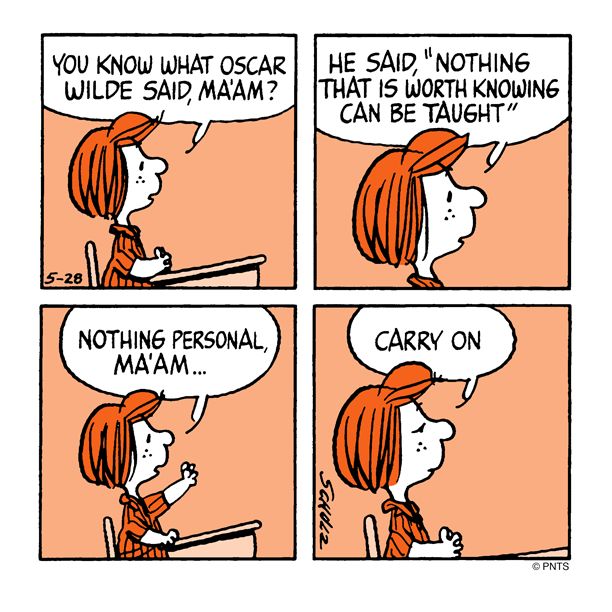 Problem: We often know what to do, but we don’t do it.
Problem: We often know what to do, but we don’t do it.
Solution: Err toward action, and measure results.
Knowing what to do is not enough; we must do. In some cases, the gap between knowing and doing is more inhibiting than the gap between ignorance and knowing. Competitive advantage comes from being able to do something others can’t or don’t do.
To avoid the knowing-doing gap, realize that:
- Talking is not a substitute for action. Talking about something is not the equivalent of actually doing it. Rhetoric is often an essential first step, but eventually something has to get done and someone has to do it.
Beware of people who:- Talk too much. Sometimes there is an inverse relationship between how much a person talks and his ability to get things done.
- Use “smart language” or technical jargon. Complex language and ambiguous terminology confuses people and inhibits action.
- Are critical. Some people try to sound smart by criticizing other people’s ideas.
- Making decisions is not a substitute for action. By itself, a decision changes nothing.
- Preparing documents is not a substitute for action.
- Planning is not a substitute for action.
- Just because something is easy to understand doesn’t mean it will be easy to implement.
How to close the gap
- When possible, learn by doing; “If you do it, then you will know it.”
When you learn by doing, there is no knowing-doing gap. Knowledge that is actually implemented is much more likely to be acquired from learning by doing than from learning by reading, listening, or even thinking. Surgeons “hear one, see one, do one.” - Always err toward action. This creates opportunities for learning by doing. It helps to establish a cultural tone that action is valued and that talk and analysis without action are unacceptable. Use rapid prototyping to see if things work and then modify them on the basis of that experience.
- Fear fosters knowing-doing gaps, so drive out fear. Setbacks and mistakes should be seen as an inevitable, even desirable, part of being action oriented. Action-oriented people make mistakes so provide a “soft landing.” “Learning is an extension of the word trying.” Nanus and Bennis
- Measure results, not actions. “The foundation of any successfully run business is a strategy everyone understands coupled with a few key measures that are routinely tracked” (Dean Tjosvold). Often, measuring many things is counterproductive; measuring more things will not necessarily get more of the right things done; but do measure important metrics. Don’t measure activity; measure results.
- As a leader, adopt an apprenticeship approach to managing your team members; be a coach, not just a teacher or mentor. Unfortunately, knowing by doing is, initially, a less cost-effective way of transmitting knowledge and changing behavior (it is counterintuitive to much of our Internet-driven culture), but ultimately, it is the best way.
[reminder]What are your thoughts about this essay?[/reminder]
[The Knowing-Doing Gap: How Smart Companies Turn Knowledge into Action by Pfeffer and Sutton is the best book on this subject.]

I needed to read this. Now I must share this with my Tampa and take action, today.
Thanks, David, for getting in touch. I hope the post was beneficial. Don
Don, A very timely article for me. When growing a business, leaders often err on the side of gathering more information before acting and many times we lose the aggressiveness that brought success initially. I tell my salesmen that unless they are turned down at least 20% of the time they are not seeing enough people. The results verses activity principle is also a better way to measure success. More sales doesn’t always equate to more volume.
Thanks for spurring on my critical thinking in this area.
Thanks, Brandy, for affirming thoughts. I like your phrase “we lose the aggressiveness that brought us success initially.” Thanks for being my friend through the years. Don
Thank you, Don, for this encouraging post. After spending 35 years in church related ministry, I have engaged a new career shift into real estate. It is an exciting but frightening journey. I have spent countless hours preparing but the one phrase that caught my attention was “fear fosters knowing-doing gaps.” Your post has emboldened me to drive out fear and jump into the deep end of the pool to close the gap. I’m sure every successful business venture included the jump at one time or the other. Thanks again for your insight.
Jeff, thanks for writing and for the update. Starting a new career is a challenging task. You will do well in real estate because of your superior people skills. You’ll feel out-of-place for a while but you’ll adjust well. Keep me posted. Your friend, Don.